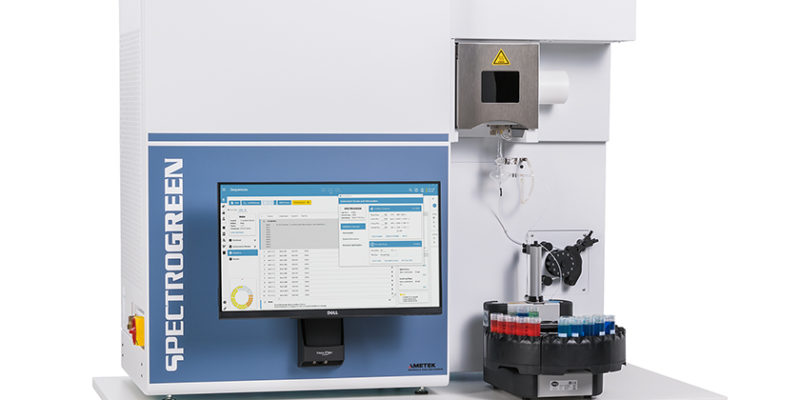Everything is formed of distinct components. Research activities utilize Inductively Coupled Plasma Mass Spectrometry to detect elements (ICP-MS, or ICP Mass Spec). Generally, ICP-MS measures elements rather than molecules and compounds like LC/MS and GC/MS.
Since liquid sample solutions are required for ICP analysis, it is common practice to break down solid and biological samples before analysis. To transmit only the tiniest droplets through the chamber and onto the Argon plasma torch, the ICP employs Argon (Ar) carrier gas to aerosolize the liquid sample.
Generally, an ICP-MS needs a vacuum pump, an interface, and electrostatic ion “lenses” to concentrate ions through the system. Modern ICP-MS systems also resolve spectral interferences.
Elements that ICP MS Instruments can Measure
ICP MS instruments can measure all except a few elements, including hydrogen and helium (Below the mass range of the mass spectrometer.) Argon, nitrogen, and oxygen (Present in high levels from the plasma and air.) Meanwhile, helium and neon (cannot be ionized in argon plasma). The “impossible” element F may be studied indirectly using a triple quadrupole ICP-MS.
Additionally, ICP-MS is useful because it can test a large range of elements with very low detection limits. ICP-MS can identify numerous elements at concentrations as low as 0.1 ppt or a 50 uL drop of water spread over 200 Olympic-sized swimming pools (500 million liters).
The Strengths and Limitations of ICP MS
ICP MS merits include its ability to examine practically all elements at low ng/L concentrations with a high dynamic range. Quickly processing large samples is another important strength in industrial and commercial applications. Low sample quantities, frequently with very easy preparation processes, are often adequate to give the desired findings.
The approach can also differentiate between stable and radioactive isotopes, allowing for the determination of isotope ratios with a high degree of accuracy. Lastly, as was previously said, ICP-MS excels as a selective detector in hybrid approaches that use a separation technique to detect analyte species.
ICP MS provides quantitative data on metal and isotope concentration inside samples. It incorporates several different isotope analysis techniques into the mix of observations input into multiscale models. The plant and ecosystem phenotyping integrated research platform supports the molecular analysis of plants, soil, and microbiomes, thanks to the chemical and isotope analysis provided by ICP-MS.
In fact, the relatively expensive cost of the equipment, which necessitates a high degree of personnel skill, is a limitation. Regarding ICP MS Instruments, Agilent is a global leader in the life sciences, diagnostics, and applied chemical fields. Their firm supplies labs worldwide with instruments and services in fields where they are experts and are trusted to give you the best.
Conclusion
ICP MS is an essential instrument for analyzing trace metals in various environmental samples, assisting EMSL’s work in the biological and ecological research field. Additionally, ICP MS seems to be the only technology capable of testing a large variety of elements while maintaining low detection limits.
Source:
https://www.agilent.com/en/support/atomic-spectroscopy/inductively-coupled-plasma-mass-spectrometry-icp-ms/icp-ms-instruments/what-is-icp-ms-icp-ms-faqs#:~:text=In%20practical%20analytical%20terms%2C%20this,1.18%25%20(11%2C800%20ppm)











Comments